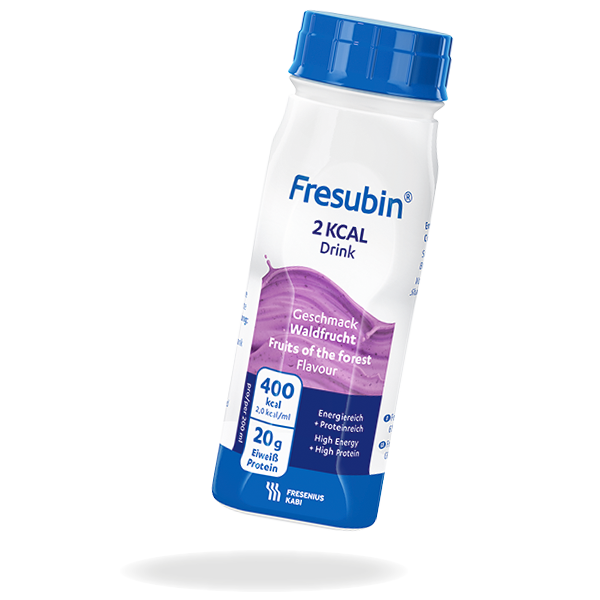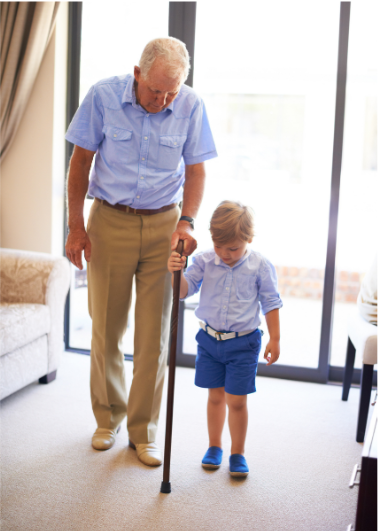Read about John’s story
John is 89 years old. He is a retired industrial factory worker who loves spending time with Nancy, his best friend, and Sam, his grandson. John lives independently and has been recently diagnosed with frailty with a history of falls, with a hip fracture 12 months previous, sarcopenia and arthritis.
Due to his age and frailty, John has several symptoms, including weakness particularly muscle weakness, incontinence, osteoporosis and a degree of osteoarthritis.
His weakness and exhaustion means that he has low levels of physical activity, with slow actions and slow walking speed. John has lost weight and suffers from a loss of manual dexterity. His skin integrity has considerably lessened. He also has a slight visual and cognitive impairment.
John is keen to maintain his independence for as long as possible but his reduced appetite and difficulty in preparing nutritious meals means that he lacks energy he needs to do the things he loves. He is concerned about his weight loss and also feels worried about going out to meet his friends and family in case he falls again.






